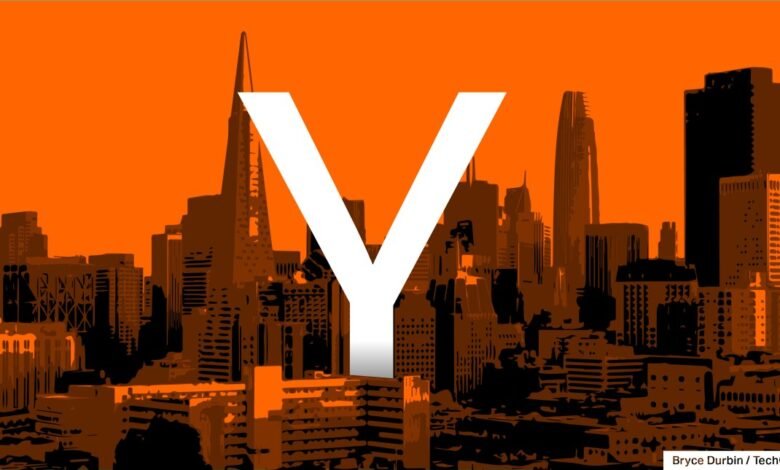Y Combinator’s New ‘Early Decision’ Lets Students Graduate Before Building

▼ Summary
– Silicon Valley has long celebrated college dropouts like Bill Gates and Steve Jobs, with programs like the Thiel Fellowship institutionalizing this path.
– Y Combinator is now changing this narrative by introducing an “Early Decision” application track for students who want to start companies without dropping out.
– The new program allows students to apply, get accepted and funded immediately, but defer their YC participation until after they graduate.
– This move represents a meaningful break from the myth that leaving school early is the only path to startup success, offering a middle ground for cautious founders.
– YC’s Early Decision helps secure talent early in a competitive landscape and broadens the applicant pool to include founders committed to both education and entrepreneurship.
Y Combinator’s new Early Decision program marks a significant departure from Silicon Valley’s long-standing celebration of the college dropout, offering student founders a way to secure funding and a spot in the prestigious accelerator without leaving their studies. For years, the tech world has romanticized founders who abandoned higher education, pointing to billionaires like Bill Gates and Mark Zuckerberg as proof that building a company couldn’t wait for a diploma. This mindset was further cemented by initiatives like the Thiel Fellowship, which provides substantial financial incentives for students to leave college and pursue entrepreneurship.
Historically, Y Combinator itself became part of this narrative. While never an official requirement, the accelerator’s most celebrated alumni, including the founders of Dropbox, Reddit, and Stripe, often joined the program young and left their university careers behind. This created an implicit pressure for aspiring founders to choose between their education and a potentially life-changing opportunity.
The introduction of the Early Decision track fundamentally changes this dynamic. It is specifically designed for graduating seniors who are committed to launching a startup but equally determined to complete their degrees. Students can apply and receive acceptance and funding while still enrolled, with the option to defer their YC batch until after they graduate. A student applying in the fall of 2025, for instance, could finish their spring 2026 semester and then join YC’s summer batch that same year.
According to YC managing partner Jared Friedman, the program addresses a clear need. This shift arrives at a time when many young people are critically evaluating the value of a college education and the sacrifices required for startup success. By removing the pressure to drop out, YC is acknowledging a more mature perspective on long-term founder development. The accelerator has always attracted young talent, but the “now or never” dilemma often forced a difficult choice.
This new approach opens the door for a different type of student founder: one who is more deliberate and risk-aware. It provides a viable middle path, potentially expanding YC’s applicant pool to include individuals who are passionate about entrepreneurship but unwilling to sacrifice their academic credentials. The program is highlighted by success stories like Spur, an AI-powered quality-assurance startup founded by Sneha Sivakumar and Anushka Nijhawan. They applied through Early Decision while in school, graduated, joined a YC batch, and subsequently raised $4.5 million.
The initiative also serves as a strategic move for Y Combinator in a highly competitive landscape for top talent. By offering a deferred option, YC positions itself as an attractive alternative to other programs like the Thiel Fellowship or Neo Scholars, as well as lucrative Big Tech internships and graduate school. The bet is clear: the next generation of great founders should not have to choose between building a company and finishing their education. They can confidently do both.
(Source: TechCrunch)





